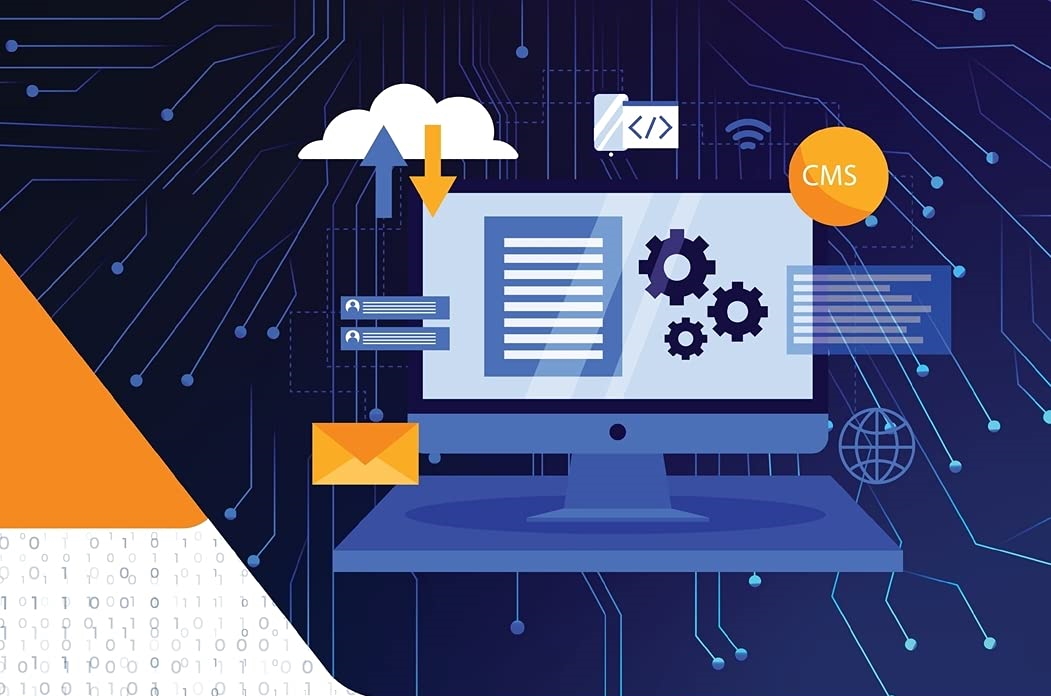
Course Objective:
Present the basic hardware architecture of a Computer system. The following topics are discussed:
- Learn how information is stored in a computer system
- Become familiar with Logical functions and combinatorial/sequential circuits used in computers
- Study the computer architecture and its main components (Microprocessor, Memory, Bus, etc.)
- Introduce low-level programming: Assembly Language
- Enseignant: Samer Lahouar
Welcome to Multimedia Technologies, a dynamic and hands-on course designed to equip learners with the art and science of image and video editing — the cornerstone of contemporary digital media production. This course navigates the rich landscape of multimedia technologies, encouraging students to explore the transformative potential of visual storytelling through sophisticated editing techniques.
- Enseignant: Houda Bechir
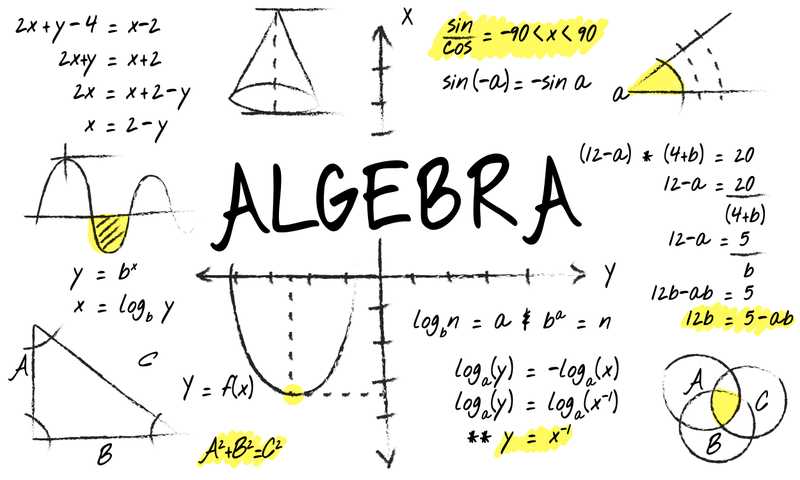
Algebra is a key module that covers fundamental and advanced topics in algebra, focusing on vector spaces, linear applications, and matrix theory. It is divided into two parts:
-
Algebra 1:
- Chapter 1: Polynomials and Rational Fractions Studies the properties of polynomials, rational fractions, and their factorization.
- Chapter 2: Vector Spaces Introduces vector spaces, their subspaces, basis, and dimension.
- Chapter 3: Linear Applications Explores linear tapplications, their properties, kernel and image.
-
Algebra 2:
- Chapter 1: Matrix Calculation and Linear Systems Introduces matrix operations and their application in solving linear systems of equations.
- Chapter 2: Matrices and Linear Applications Examines the connection between matrices and linear applications, along with their properties.
- Chapter 3: Endomorphism Reduction Focuses on endomorphisms, diagonalization, and simplifying linear operators.
This module provides a solid foundation in algebra, which is critical for applications in mathematics and computer science.
- Enseignant: Khalil Zahmoul
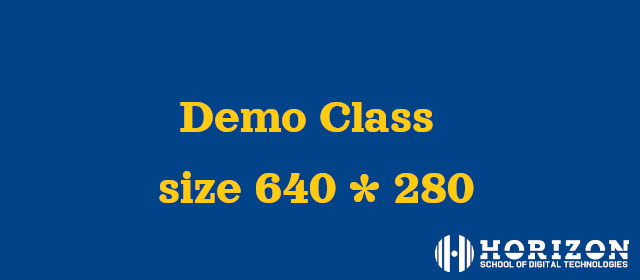
This course is a Template, please add your description and change the course photo.
- Enseignant: Asma Mansour

The Formal Logic course introduces students to the principles of logical reasoning and the formal methods used to represent and evaluate logical statements. The course explores the structure of arguments, the validity of reasoning, and the application of formal systems to solve problems. It lays the foundation for understanding how logical systems are applied in computer science.
- Enseignant: aida lahouij


Analysis is a comprehensive module that provides essential mathematical tools for understanding sequences, functions, series, and differential equations. It is divided into two parts:
-
Analysis 1:
- Chapter 1: Real Sequences Studies the properties of sequences, including limits, monotonicity, and convergence.
- Chapter 2: Functions of a Real Variable Covers limits, continuity, and differentiability of real functions.
- Chapter 3: Primitives and Integrals Introduces indefinite and definite integrals, fundamental theorems of calculus, and integration techniques.
- Chapter 4: Limited Developments Explores function approximations using Taylor expansions and asymptotic behaviors.
-
Analysis 2:
- Chapter 1: Numerical Series Examines series convergence, absolute vs. conditional convergence, and convergence tests.
- Chapter 2: Power Series Explores Taylor series, radius of convergence, and function approximations.
- Chapter 3: Functions of Several Variables Focuses on two-variable functions, including differentiability, gradients, and optimization techniques.
- Chapter 4: Linear Differential Equations Introduces first-order and second-order linear differential equations with solution methods.
This module builds a strong foundation in mathematical analysis, essential for applications in physics, engineering, and data science.
- Enseignant: Khalil Zahmoul
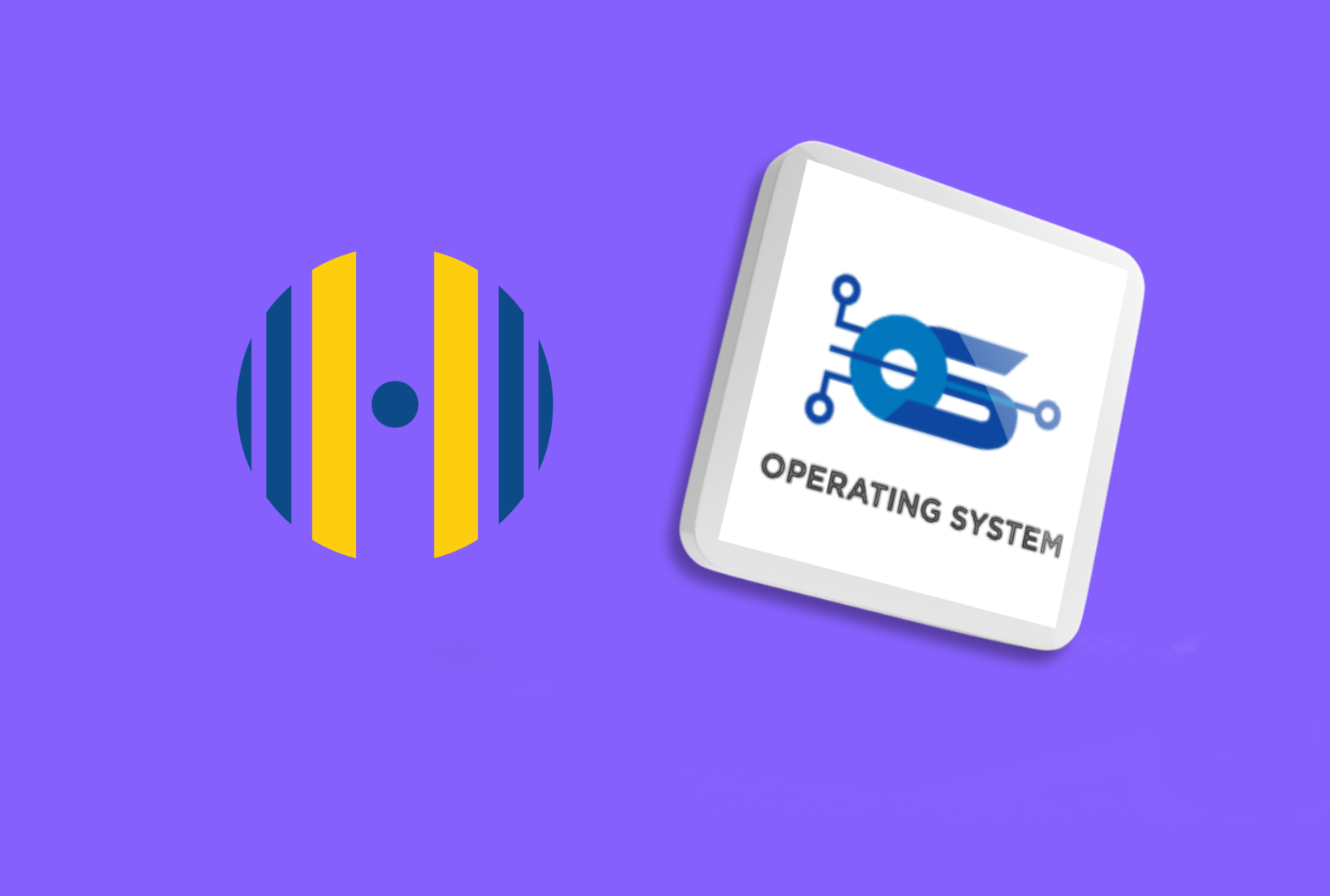
Ce cours est votre passerelle vers la compréhension des concepts fondamentaux, des principes et des subtilités des systèmes d'exploitation, l'épine dorsale cachée de l'informatique moderne.
Ce sera un cours complet pour explorer le système d'exploitation Linux.
- Enseignant: Nawel Bayar
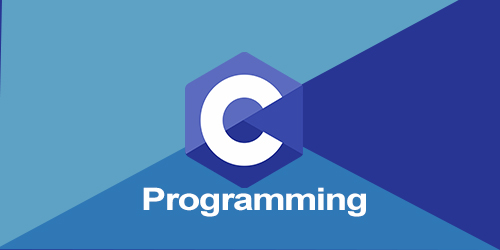
Ce cours permettra aux étudiants de
- Analyser un problème donné et définir l'algorithme
- Traduire la solution du problème de manière rigoureuse et optimisée et prête à être traduite en utilisant n'importe quel langage de programmation.
- Enseignant: Asma Mansour

